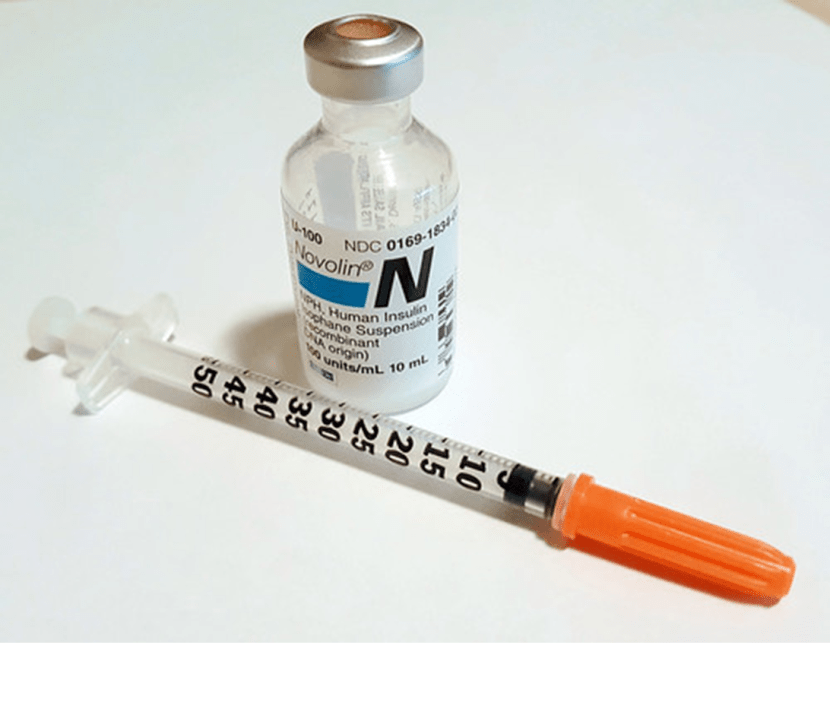Delicious and Nutritious Recipes That are Lower in Sugar
Do you ever crave something sweet, but are concerned with the amount of sugar? Instead of ignoring our craving for sweets because of the added sugar content, try creative ideas such as adding or replacing typical dessert ingredients with fruit, plain yogurt, or nuts/seeds. The following recipes are not only delicious, but are nutritious! Compared…









